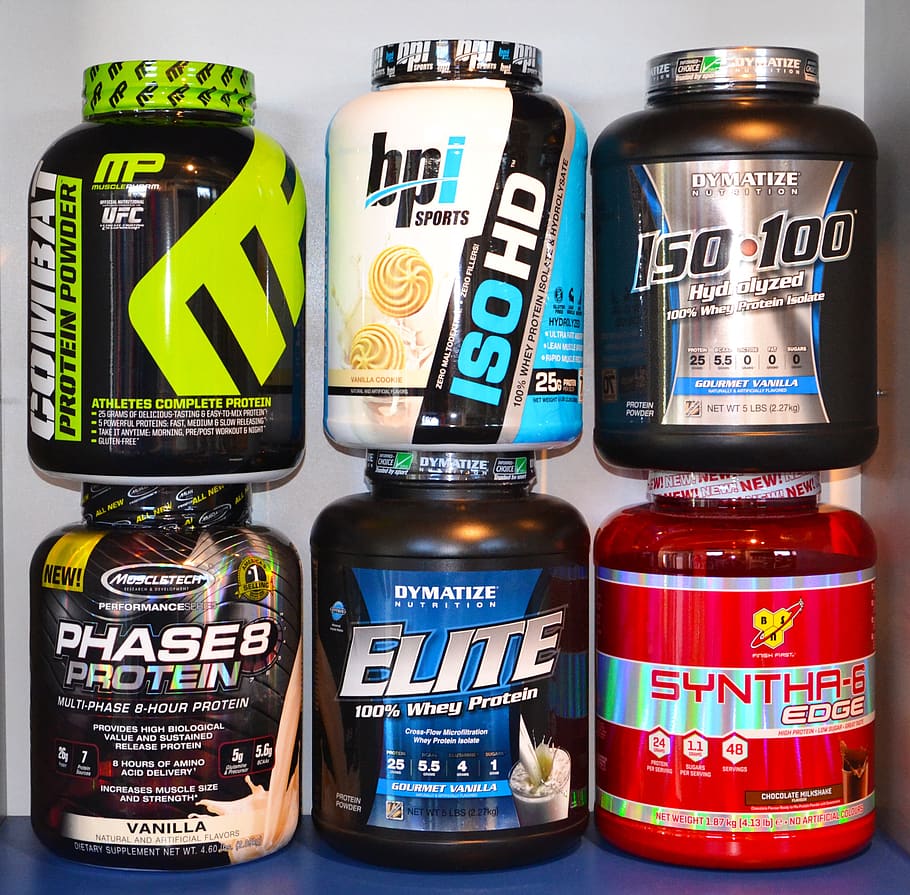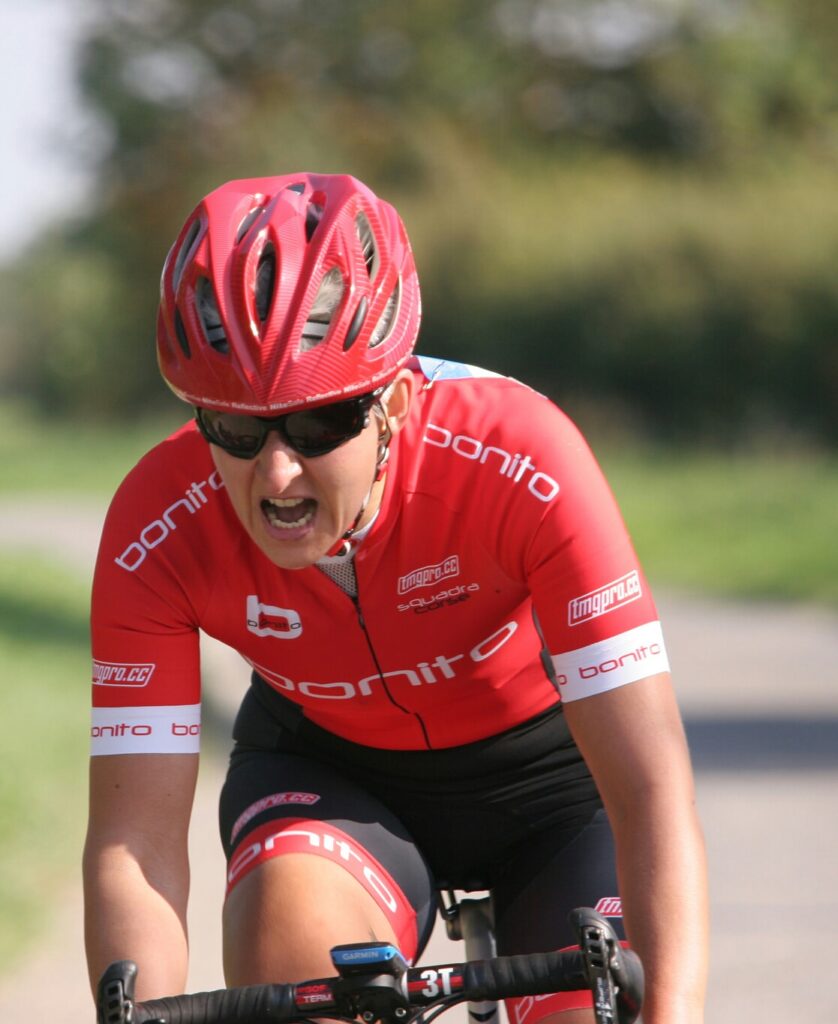
I’m pretty sceptical when it comes to cycling supplements, and for good reason. In most cases, there just isn’t good quality scientific research to support their use. However, this doesn’t seem to put off supplement companies selling large amounts of these products.
There are a few exceptions that are supported by high quality studies, provided they are used in the right way. A well-designed investigation will always controls as many variables as possible. This means that findings are limited to a very narrow group of people exercising in a certain way. Unfortunately, it isn’t possible to make recommendations beyond the limits of a study which is sometimes ignored in marketing materials!
Start with a good cycling diet
Sports nutrition research clearly shows the benefits of eating the right amounts of macronutrients (protein, fat and carbohdrate). Protein supplements, for example, can be used to encourage muscle growth and repair. However, this can be achieved just as well, if not better, using whole foods. That’s not to say protein powders don’t play an important role in sports nutrition, they can be very useful. It’s just that our bodies are usually able to obtain what they need from a natural, balanced diet.
Micronutrients (vitamins and minerals) are further example of this principle. A balanced diet makes supplementation unnecessary; research shows no performance benefit from mega doses of vitamins and minerals. However, where there is a deficiency, supplementation can help return an athlete to normal performance. Iron is an obvious example as a deficiency leads to anaemia and reduced oxygen delivery to working muscle. Iron supplements can be effective in returning performance to normal.
A second example is vitamin D deficiency. Research suggests it is widespread in the general population. During winter months the problem is made worse by indoor living and lack of sunlight. So it has been proposed that both athletes and non-athletes may benefit from supplementation.
your cycling supplements may not be what they seem
A recent quite worrying study highlights further issues with taking supplements. The study authors bought 63 products claiming to contain botanical ingredients thought to improve sports performance. I am going to spare the detail, but you can read the full article here.
Briefly, they found that many of the products failed to contain detectable amounts of the listed ingredient (~40%). The quantity of labelled ingredient, when detected, ranged from 0.02% to 334% of the listed quantity! What is very worring is that seven of the products were contaminated with banned substances! Now, the authors admit there were some weaknesses to their study because the sample size was small and only one batch from each manufacturer was tested. But this is not the first study to raise these issues.
So what should you do? Choosing a cycling supplement can be tricky, especially with the amount of misinformation that exists around some products. To help, I’ve listed my top tips for buying supplements.
How to choose cycling supplements, or not!
- Get your diet right so you can support your daily living and training needs. Your cycling will improve the most from good training and a balanced diet, especially if you are a new cyclist. Ask yourself, ‘Do I really need to use supplements?’
- If you are going to take a cycling supplement, research it thoroughly. Go to sports nutrition books or papers written by scientists who cite the original research. You can find good quality papers with free access on Google Scholar. Don’t solely rely upon infomercials from manufacturers. Cross-check manufacturers’ information with original studies and scientific reviews.
- Think about the types of people in the studies that support the use of that supplement. Are the people similar to you? Are they the same sex and ability? Do they compete in a cycling event the same, or similar, to yours? If so, the supplement may work for you too but there is no guarantee.
- Know that, just like training, people can respond differently to supplements. Studies always report the average result but there can be wide differences in how people respond. I’ve read studies where some participants have benefitted from a supplement, but others have seen no change or got worse. First, try the supplement in training or simulated competition to see if it helps.
- Use the supplement as it was intended: take the right dose at the right time. Sometimes manufacturers ‘bend the truth’ a little and encourage you to take the maximum dose possible. Whereas later studies may show the optimal dose to be much lower. I see this a lot with energy bars, gels and drinks.
- Only buy from a reputable manufacturer that can describe the testing they do to ensure their products are not contaminated. A good manufacturer will know their supply chain and will test all steps along its length. If you are unsure, pick brands that are approved by world or national governing bodies, for example, British Cycling.
- Beware of the placebo effect. That is, just believing something will work will have a positive effect. Be objective and use the supplement for long enough to determine if it helps, or not. If you can’t tell, stop using it and save your hard-earned money.


